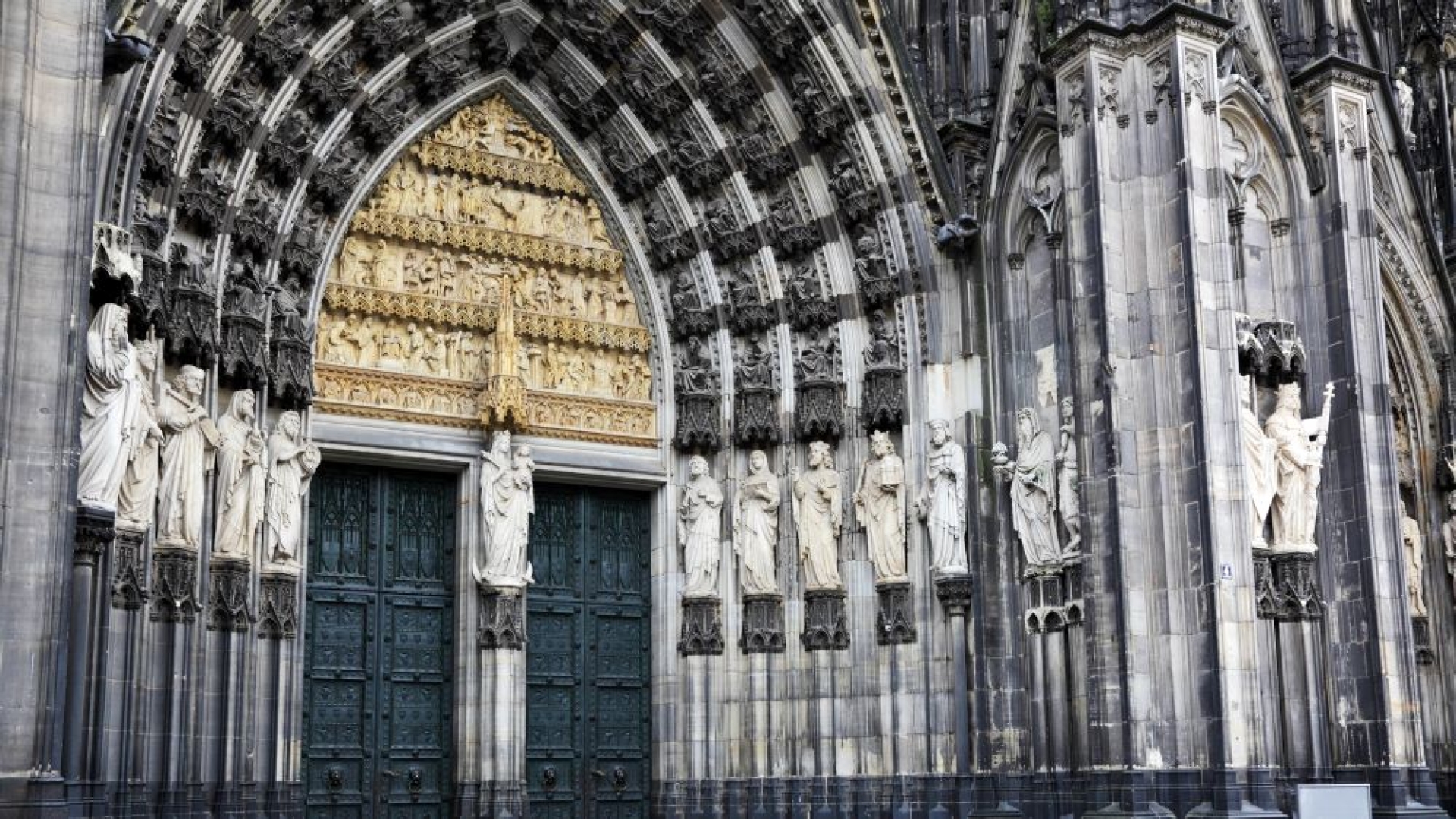Implementation of the First Text Adopted by the Synodal Path

The first text adopted by the Synodal Path deals with the involvement of the faithful in the designation of the diocesan bishop. The decision, which, without being binding, had to be applied quickly and even urgently. However, after two months, things have not changed much.
To understand what is happening in Germany, it is necessary to know the method of appointing bishops in Germany. Now, this is very particular, and hardly found outside this country.
The appointment of bishops there is governed by the provisions of concordats, some of which date from the 1920s. Thus, according to the Bavarian concordat, each bishop and each cathedral chapter of the Bavarian dioceses must present a list of qualified candidates every three years to the Holy See. fit. In the event of a vacancy in an episcopal see, the cathedral chapter again submits its list of candidates to the Holy See. It is from these lists of candidates that the pope chooses.
The Baden and Prussian concordats provide for bishops and cathedral chapters to submit lists of qualified candidates for the episcopate to the Holy See – but grant more scrutiny to the cathedral chapters. The Holy See, after evaluating the proposals, appoints three candidates to the cathedral chapter, which then elects the bishop by a free and secret vote.
These various concordats establish an exceptional regime with regard to what is practiced in the Church, because normally it is the pope who appoints the bishops. It is generally based on the reports given by the nuncios and the report of various congregations.
However, as a canonist explains, the Vatican tended rather to restrict the concessions and the rights of election already granted – as in Germany. “To this extent, the text [approved by the Synodal Assembly] raises expectations that are unrealistic from the point of view of the universal Church and shifts the initiative to the cathedral chapters,” explains Bernhard Sven Anuth.
Caught in the crossfire
The canonist explains with realism that, if the cathedral chapters held to canon law, they would not be able to implement the approved text. Thus, either they will find themselves under the fire of criticism from the laity, or they will have to violate canon law.
The reason for the impediment is then explained: cathedral chapters are asked to discuss with third parties the question of the appointment of bishops – which canon law prohibits.
The motive ultimately lies in the papal secrecy that surrounds the election of a bishop. To try to overcome this inconvenience, the approved text says that “the members of the co-decision body are subject to the same rules of confidentiality as the members of the cathedral chapter. This applies in particular to the pontifical secret.”
But this extension of papal secrecy is impossible, explains Anuth. “It would require a prior dispensation from the Apostolic See to be able to consult other people,” explains the specialist. “I think, however, that it is unlikely that such an exemption would be granted.” According to him, the Vatican has hinted in the past that it expressly does not want the involvement of third parties or lay committees in the appointment of bishops.
The will to walk on the Synodal Path is coming into violent conflict with canon law. What will happen now? Because there is urgency for some. During the presentation of the text, approved at second reading by 80% of the participants and 80% of the bishops, the rapporteur, the jurist Charlotte Kreuter-Kirchhoof warned: “You must not wait for the last synodal assembly. You don't have to wait for anything, you don't have to wait for anyone.”
Should canon law bow to the will of the Synodal Path? Or will disillusionment begin?
Related links
(Source : katholisch.de – FSSPX.Actualités)





